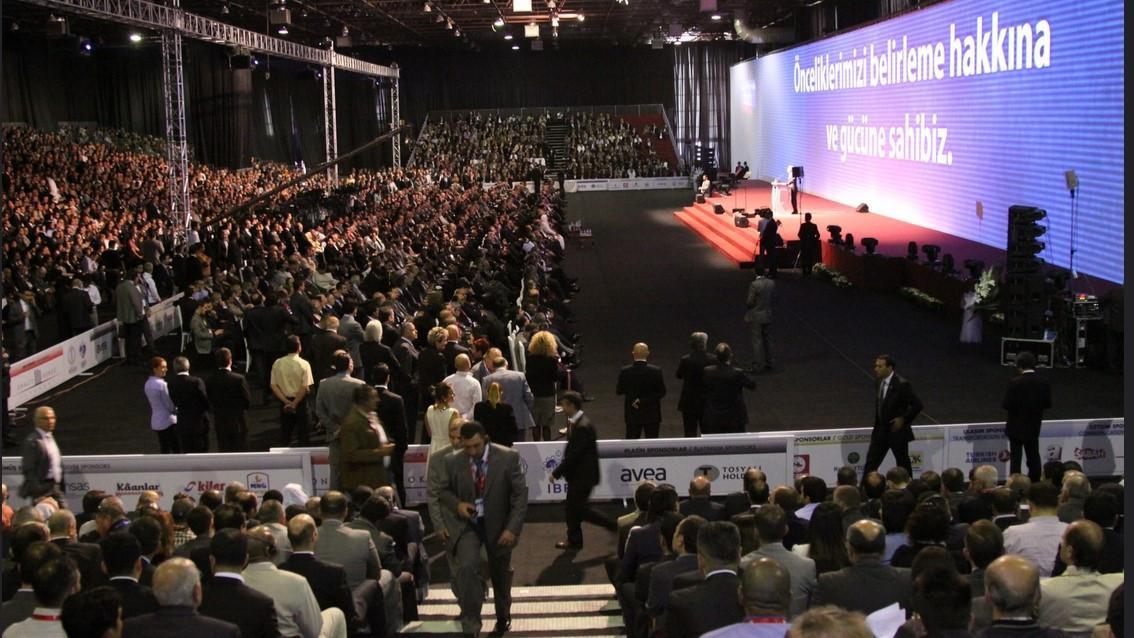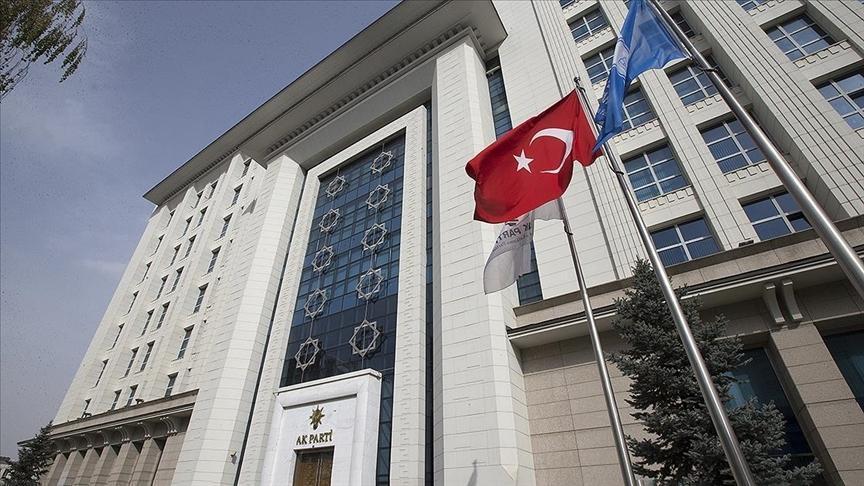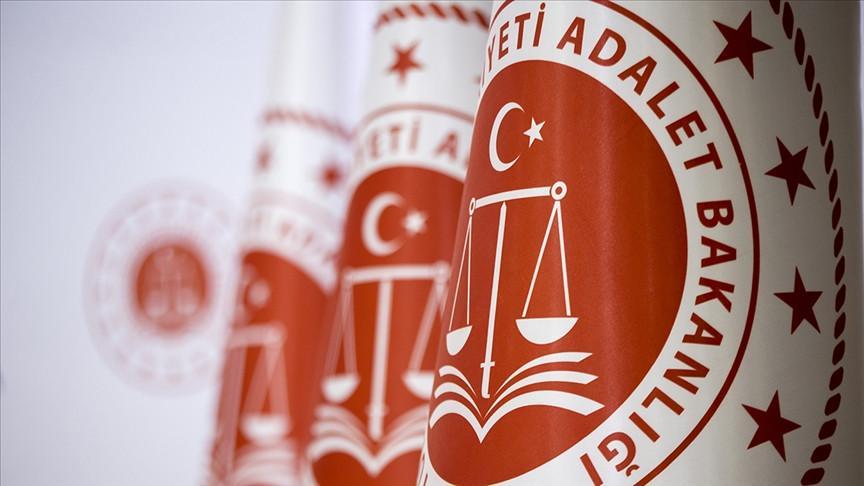Turkey must be able to lead by example
The backward countries of the Middle East are at a crossroads. They have begun to cost the advanced world and those who want to be part of it too much. This also places great responsibility on Turkey, a country that was once looked on as living proof that being Islamic was compatible with modernity.
How that image was shattered over these past few years when, rather than proving to be a model for the Islamic world, the Islamist based government tried to impose the reactionary values of that world on Turkey as best it could, is well known.
Despite the Justice and Development Party’s (AKP) recent electoral landslide, Turkey remains a deeply divided country along the Islamist-secularist fault line. Whether the government to be formed by Prime Minister Ahmet Davutoğlu, under the overbearing shadow of President Recep Tayyip Erdoğan, can overcome this by democratic means remains an open question.
Davutoğlu has vowed to protect the rights of everyone, regardless of religion, creed, or ethnicity, but this can’t be taken at face value anymore. His government, nevertheless, faces realities it has to accept, whether it likes it or not, if it is to provide the stability it promised before the elections.
One such reality is that there is no apparent future for political Islam, in Turkey or anywhere else, anymore. There are Islamic scholars and analysts in this country and elsewhere who argue that political Islam has done more damage than anything else to tarnish the reputation of their religion in the world.
Another reality is that if the aim is to secure peace, prosperity and social advancement in the Middle East, this will not come about through Islamic dictatorships based on the Sharia, whether these dictatorships are established by force, or through “ballot box victories.”
Erdoğan and his supporters blame dictators like Bashar al-Assad or Abel Fattah el-Sisi for shattering the democratic hopes that the Arab Spring raised. But such dictators have been the rule, not the exception in the Middle East. Al-Assad was exactly what he is today when Erdoğan was giving him brotherly embraces before 2011.
It was the likes of the Muslim Brotherhood, who took to the streets in 2010 and 2011, not in favor of pluralistic democracy, but to increase the hold of Islam on society by means of the ballot box, who are ultimately to blame for wasting the historic opportunity the Arab Spring provided.
Claiming that the “ballot box is sacred,” Erdoğan once lambasted French philosopher Bernard-Henri Lévy for correctly saying, in connection with Egypt, that democracy is not simply a system based on elections, but has rules which force it to respect the rights of those who did not vote for you.
Yet the Middle East is faced with having to accept this basic fact, or continuing to wallow in its social, political and economic backwardness. The only promising future for the region lies in secular and pluralistic democracy. This is also the only way to overcome the interminable 1400-year-old war between Sunnis and Shiites. Muslims in the Arab world have to understand that democracy is not just “a train taking you to your destination,” as Erdoğan famously claimed once, and that secularism is not atheism, but a system that relegates religion to the private domain, and protects the individual’s right to believe what he or she wants.
The Christian world learned this the hard way. There is no sense to the Islamic world’s insisting on doing the same. This is where Turkey’s unique position, as a predominantly Islamic country, and its potentially important role in ushering modernity to the Islamic world comes in.
Turkey has to show that pluralistic and secular democracy is the only way forward for the Islamic world. If it can’t do this, it will not only waste another historic opportunity to be a leader by example in its region, but will also be sucked into the morass of the backward Middle East.











